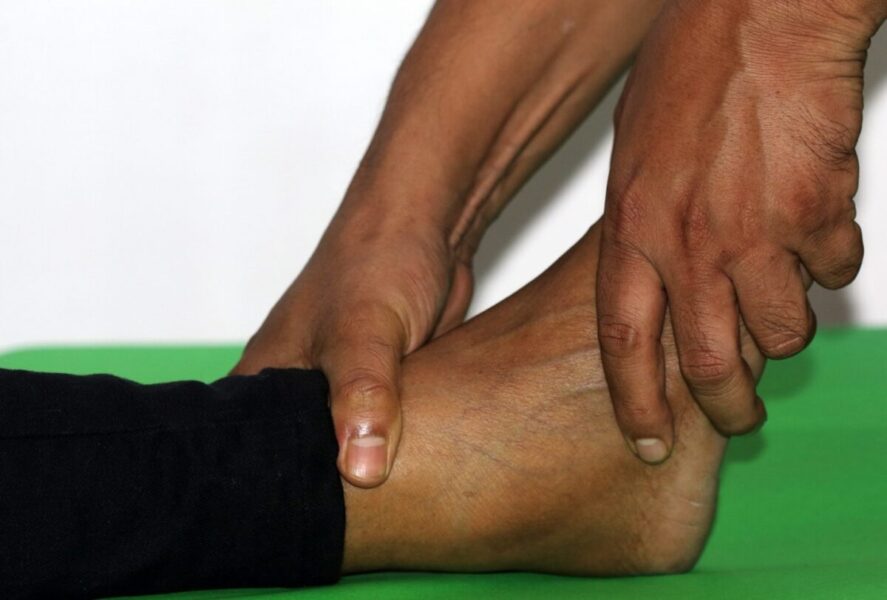Prioritizing Self-Care: The Key to Providing Exceptional Care
In the healthcare field, the focus is often on providing compassionate and quality care to patients. Healthcare professionals devote their time and energy to ensuring the well-being of others. However, it is crucial to remember that providing care to others necessitates taking care of oneself. In this blog post, we will explore the importance of self-care in the healthcare industry and how prioritizing self-care can enhance the quality of care provided to patients.
Understanding the Concept of Self-Care:
Self-care involves deliberate actions and choices that promote physical, mental, and emotional well-being. It encompasses activities that rejuvenate and recharge individuals, enabling them to maintain balance in their personal and professional lives. For healthcare professionals, self-care is not just an indulgence but a necessary practice to prevent burnout and enhance their ability to provide effective care.
The Impact of Self-Care on Healthcare Providers:
- Preventing Burnout: Healthcare professionals often face high levels of stress, long working hours, and emotionally challenging situations. Engaging in self-care activities can help reduce burnout and increase resilience, enabling professionals to sustain their passion for their work.
- Enhancing Emotional Well-being: By prioritizing self-care, healthcare providers can better manage their emotions, reducing the risk of compassion fatigue and promoting a healthy work-life balance.
- Improving Physical Health: Adequate self-care, including exercise, proper nutrition, and sufficient sleep, can improve healthcare providers’ physical health, leading to increased energy levels and overall well-being.
Strategies for Practicing Self-Care in the Healthcare Setting:
- Establishing Boundaries: Setting clear boundaries between work and personal life is crucial. This may involve:
- scheduling regular breaks
- avoiding excessive overtime
- making time for hobbies or activities that bring joy and relaxation
- Seeking Support: Creating a support network of colleagues, friends, or mentors can provide healthcare professionals with an outlet to share experiences and seek guidance, reducing feelings of isolation and stress.
- Engaging in Stress-Relief Techniques: Encouraging healthcare providers to incorporate stress-relief techniques, such as:
- meditation
- deep breathing exercises
- mindfulness practices
can significantly improve their ability to manage stress and enhance their overall well-being.
Cultivating a Culture of Self-Care in Healthcare Organizations:
- Educating and Raising Awareness: Healthcare organizations should prioritize educating their staff about the importance of self-care and provide resources to support their well-being.
- Implementing Policies and Practices: Developing policies that promote work-life balance, limit excessive work hours, and provide opportunities for self-care can contribute to a healthier and more satisfied workforce.
- Leading by Example: Leaders within healthcare organizations should actively practice self-care and advocate for its importance, fostering a culture that values and supports the well-being of all staff members.
To learn more, click here and check out this summary from Gundersen Health System.
By understanding the significance of self-care, implementing strategies, and cultivating a culture that supports it, healthcare organizations can create a healthier and more sustainable work environment, benefiting both the providers and the patients they serve. Remember, providing exceptional care starts with practicing self-care first. Integrating supplements from the Asher Longevity Institute into our daily routine is a crucial step towards enhancing our overall well-being. Experience the benefits firsthand by conveniently placing your order here!




